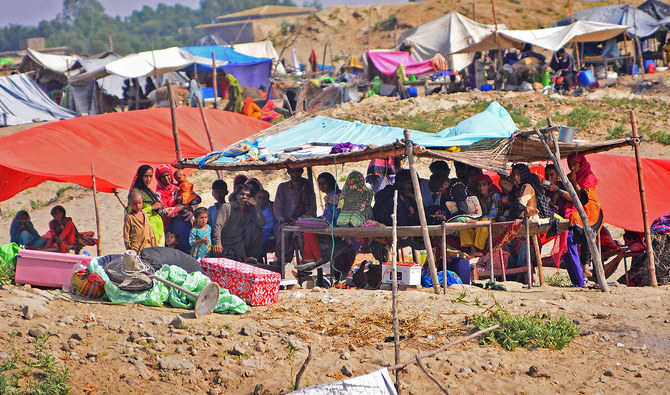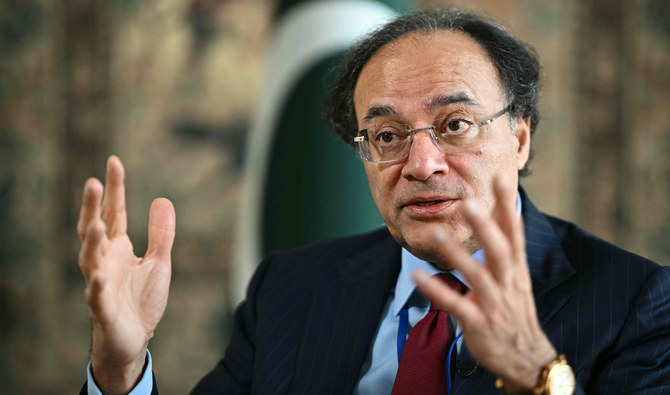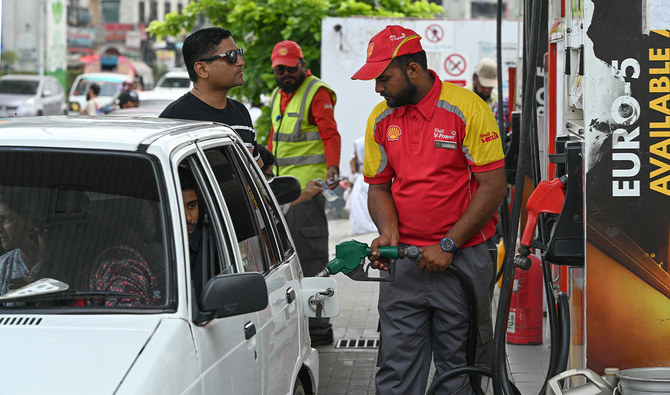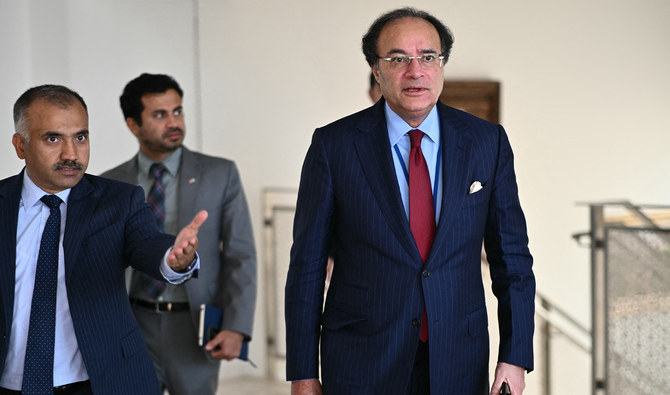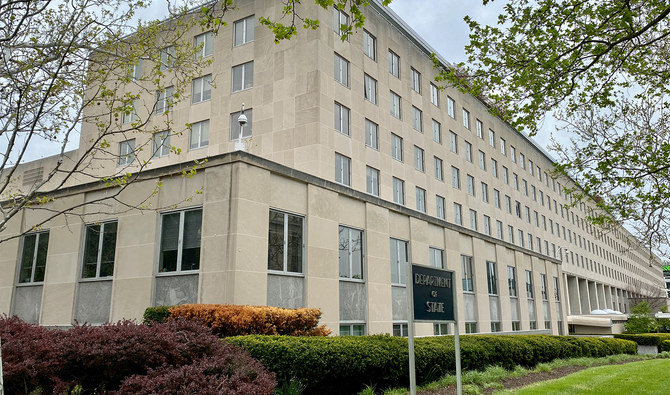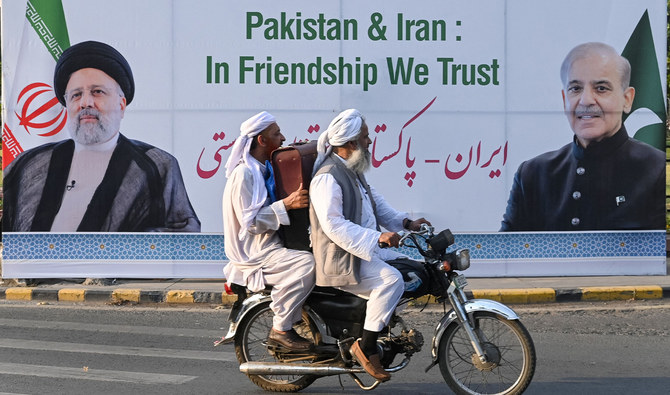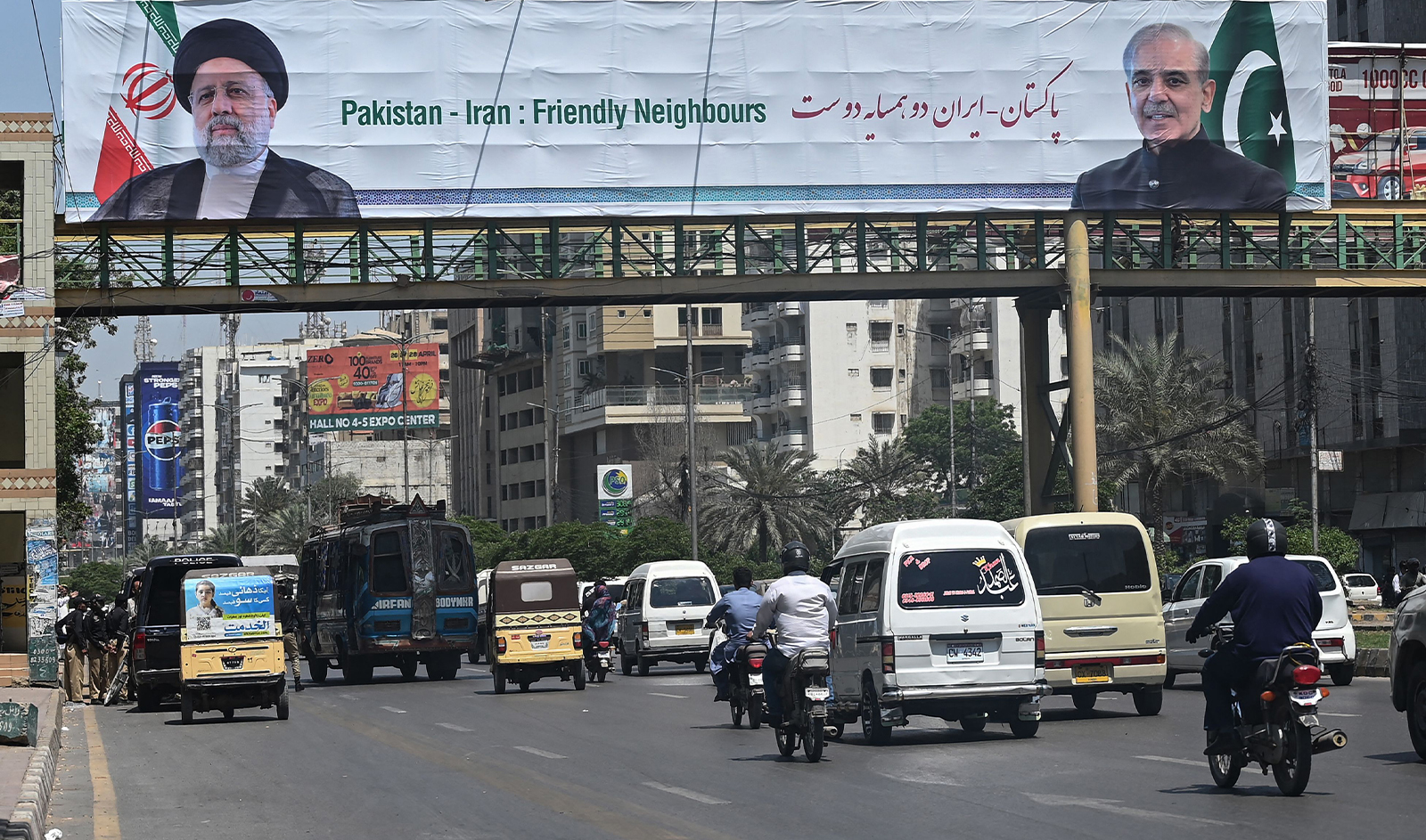ISLAMABAD: The United Nations Population Fund (UNFPA) expressed concern on Friday over the lack of funding to help flood-affected people in southern Pakistan, saying about 1.6 million women of reproductive age were still in water-filled areas and needed health services.
Torrential rains and floods affected the lives of 33 million people in the country during the last monsoon season, causing the death of more than 1,700 people and submerging nearly a third of Pakistan’s territory at one point.
“There are still almost 4.5 million people living around the floodwater areas including 1.6 million women of reproductive age,” the UNFPA chief in Pakistan, Dr. Luay Shabaneh, told Arab News in an exclusive interview. “Out of these, more than 130,000 women are currently pregnant, and 42,000 are expected to deliver in the coming three months. These women are in massive need of healthcare to ensure that they will not die while they are giving birth.”
Shabaneh said there were serious funding concerns, adding that only 40 percent of the required money had so far been mobilized despite the UN appeals.
“For UNFPA, in particular, we asked for $32 million,” he continued. “We were able to mobilize $8 million, and we still have a gap of $24 million.”
He pointed out that the organization had managed to reach two million women, though there were still others who needed health services in flood-hit areas.
“The move from humanitarian to the rehabilitation stage is still premature, and we need to continue to support the women in the flood-affected areas as services are not there, and access is difficult, and too many women are unable to receive good healthcare services,” he said.
The UNFPA chief informed that floods had destroyed more than 1,400 health facilities, and the lack of funds was making it challenging to rebuild them.
He also raised concerns about an increase in gender-based violence in these places while urging donors to contribute more to help deal with such challenges.
“There are too many women in care who are subject to gender-based violence, and the UNFPA is very much concerned about that,” he added. “We are in a situation that we need more engagement at the national level, from the private sector, and international level, from the donors, to invest more to save the lives of women.”
The UNFPA chief maintained the crisis in Pakistan was not human-made, though he described the lack of international support as worrying.
“[Despite] the support of everybody from the UN system, the international community and the government, we were unable to reach more than 40 percent of the people who are in need, and there are a lot of funds still needed as there are a lot of women that are suffering,” he said.
He pointed out that maternal mortality had always been high in Pakistan, though it had become even higher in flood-affected provinces of Sindh and Balochistan.
“Although there is no official record of the maternal mortality rate after floods, there have been unofficial reports of many deaths during deliveries, especially in remote areas,” he added.
Shabaneh maintained the international community should offer grants instead of loans for humanitarian purposes, saying loans would have long-term economic consequences for the country and prove detrimental to people.
Despite the financial constraints, however, he said women’s health and well-being should be the highest priority for the government and international community.
“The government has issues due to the economic problems that do not allow it to divert too many resources to flood-affected people,” he continued, adding the international community should still try its best “to mobilize more resources.”



